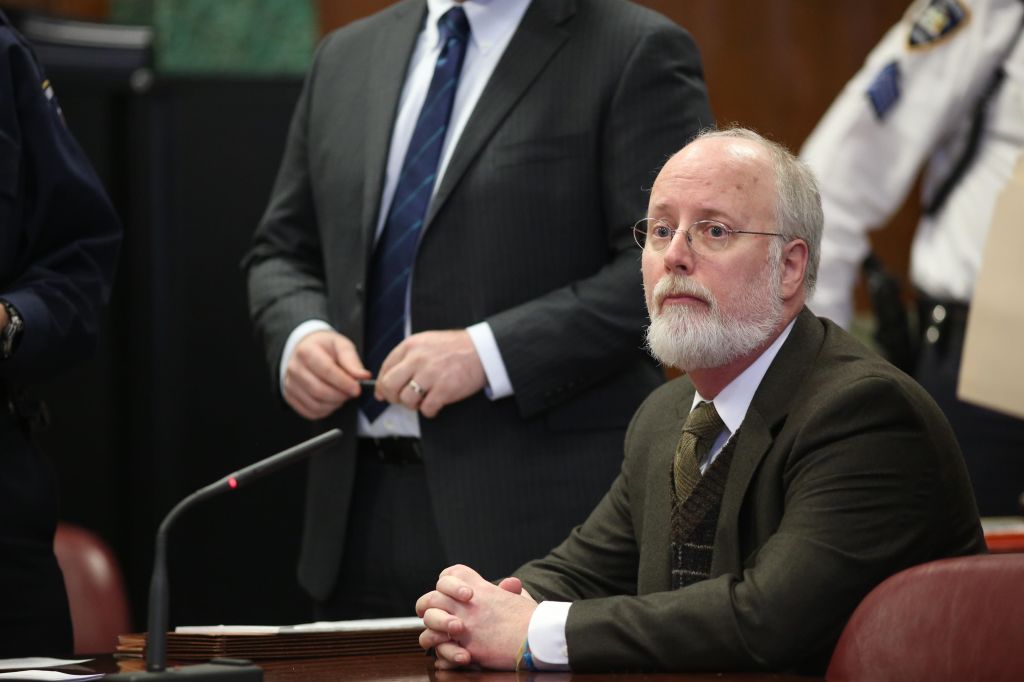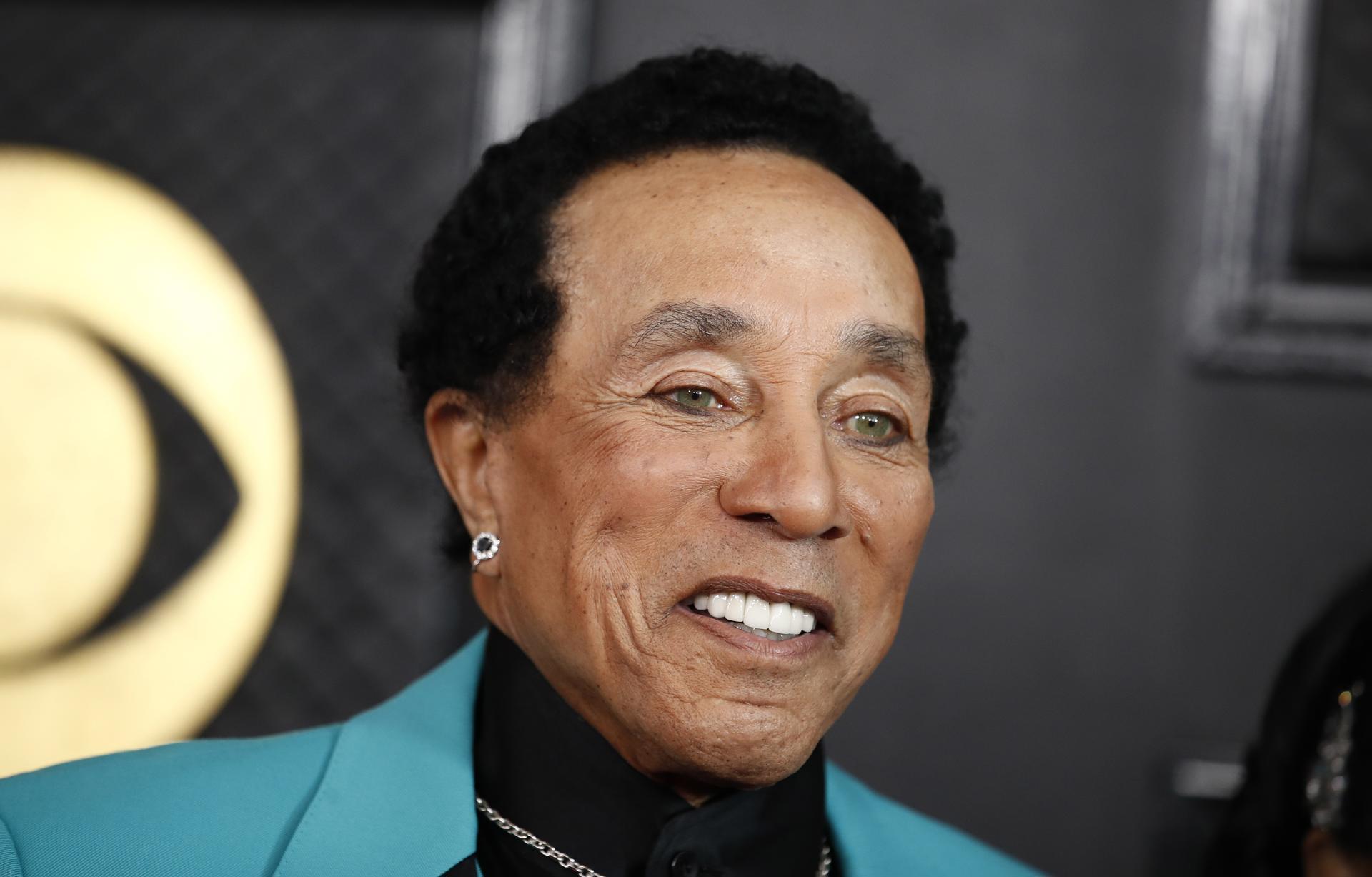Weinstein Accuser's Outburst: Tears and Defiance in Court!
Weinstein Accuser's Raw Outburst: "He Did That To Me!" Sparks Courtroom Drama
Introduction: A Moment of Truth?
The courtroom fell silent. Tension hung thick in the air, heavier than a Hollywood producer’s promises. Miriam Haley, one of Harvey Weinstein's accusers, sat on the witness stand, facing not only a defense attorney but also the weight of her past. What happened next sent shockwaves through the room and beyond: a tearful outburst, a defiant declaration, and a raw, unfiltered expression of pain. This wasn't just testimony; it was a reckoning. This article dives deep into this pivotal moment in the Weinstein trial, exploring its significance, the legal implications, and what it reveals about the complexities of trauma and justice. Are we witnessing a turning point? Let's find out.
The Testimony: A Recap of the Allegations
Before we delve into the dramatic outburst, let's briefly recap Haley’s accusations. She alleges that nearly two decades ago, Harvey Weinstein forced oral sex upon her. This isn't just a he-said-she-said scenario; it's a deeply personal and traumatic event that Haley has carried with her for years. Her testimony is a crucial piece of the prosecution's case, aiming to prove Weinstein's pattern of predatory behavior.
The Questioning: A Lawyer's Tactics
Defense attorney Jennifer Bonjean, known for her sharp questioning and strategic approach, was attempting to dismantle Haley's account. Lawyers often employ various tactics to challenge a witness's credibility, including pointing out inconsistencies, questioning their memory, and highlighting potential biases. It's a standard part of the legal process, but it can be incredibly difficult and emotionally taxing for the witness.
The Defense Strategy: Undermining Credibility
The core of the defense strategy likely revolved around casting doubt on Haley's version of events. Did she report the incident immediately? Were there any witnesses? Did her behavior afterward align with someone who had been sexually assaulted? These are the types of questions defense attorneys often ask to create reasonable doubt in the minds of the jury.
The Breaking Point: Tears and Defiance
It was during this intense questioning that Haley reached her breaking point. When Bonjean implied that Haley might have initiated the act, Haley erupted. "He was the one who raped me, not the other way around," she declared. This wasn’t just a denial; it was a powerful assertion of her truth. The subsequent exchange, filled with expletives and tears, underscored the profound impact this event has had on her life.
"It's My Experience!" The Power of Personal Testimony
"No, it's not for the jury to decide. It's my experience. And he did that to me," Haley exclaimed. These words encapsulate the frustration and pain of many sexual assault survivors. They highlight the importance of believing victims and acknowledging the subjective nature of their experiences. It's not just about evidence; it's about validating the reality of their trauma.
The Judge's Intervention: Maintaining Order
Judge Curtis Farber, recognizing the escalating emotions and the potential for the outburst to prejudice the jury, promptly halted questioning and sent the jurors out of the courtroom. Judges have a responsibility to ensure a fair trial, and that includes controlling the courtroom environment and preventing outbursts that could sway the jury's opinion.
The Aftermath: Composure and Frustration
After a short break, Haley returned to the witness stand, composed but with "occasional flickers of frustration" in her voice. This resilience is a testament to her strength and determination to seek justice. But it also underscores the immense pressure she is under and the emotional toll this trial is taking on her.
The Jury's Perspective: What Did They See?
The million-dollar question: How did the jury interpret Haley's outburst? Did it strengthen their belief in her account, or did it damage her credibility? It's impossible to know for sure, but it's safe to say that it was a memorable moment that will likely weigh heavily on their deliberations. Did it appear genuine? Did it indicate a witness who has finally reached her emotional breaking point? Or did it suggest someone who has lost control of their emotions?
The Legal Implications: Admissibility and Prejudice
From a legal standpoint, the admissibility of Haley's outburst could be debated. While her testimony is generally admissible, the specific language and emotional display could be seen as prejudicial, potentially unfairly influencing the jury. The defense might argue that the outburst should be disregarded or that the jury should be instructed to ignore it.
Weinstein's Reaction: Unwavering Presence
Notably, Haley avoided eye contact with Weinstein as she left the witness stand. This could be interpreted in various ways: fear, anger, or simply a desire to avoid confronting her alleged abuser. Regardless, it speaks volumes about the power dynamics at play in the courtroom.
The #MeToo Movement: A Larger Context
This trial is unfolding against the backdrop of the #MeToo movement, a global reckoning with sexual harassment and assault. The movement has empowered countless survivors to come forward and share their stories, challenging the culture of silence that has long protected perpetrators. The Weinstein trial is seen by many as a pivotal moment in this movement, a chance to hold a powerful figure accountable for his alleged actions.
Beyond the Verdict: Healing and Justice
Regardless of the verdict, Haley's testimony and her powerful outburst have already had a significant impact. She has given voice to countless survivors who have been silenced for too long. Her courage in facing her alleged abuser in court is an inspiration to others. Justice, however, extends beyond the courtroom and involves true and meaningful healing for the survivor.
The Importance of Support Systems
Trials like these highlight the critical role of support systems for survivors of sexual assault. Counseling, therapy, and the unwavering support of friends and family are essential for healing and moving forward. Organizations dedicated to helping survivors provide invaluable resources and a safe space to share their experiences.
The Ongoing Debate: Due Process vs. Victim's Rights
The Weinstein trial also raises complex questions about the balance between due process and victim's rights. While everyone is entitled to a fair trial, it's also crucial to ensure that victims are treated with respect and dignity throughout the legal process. Finding the right balance is essential for achieving true justice.
Conclusion: A Moment That Matters
Miriam Haley's tearful outburst in the Weinstein trial was more than just a courtroom drama; it was a raw, unfiltered expression of pain and defiance. It underscored the profound impact of sexual assault and the importance of believing survivors. While the jury will ultimately decide Weinstein's fate, Haley's testimony will undoubtedly resonate far beyond the courtroom, shaping the ongoing conversation about sexual harassment, accountability, and justice.
Frequently Asked Questions
Q: What is the significance of Miriam Haley's testimony?
A: Her testimony is crucial because it provides a direct account of the alleged assault, adding weight to the prosecution's case against Harvey Weinstein. It also gives voice to many survivors who have been silenced.
Q: How might the defense use Haley's outburst to their advantage?
A: The defense could argue that her emotional display was prejudicial and undermines her credibility, suggesting she is unreliable or biased.
Q: What role does the #MeToo movement play in this trial?
A: The #MeToo movement provides a broader context, highlighting the systemic nature of sexual harassment and assault and empowering survivors to come forward. It has increased public awareness and scrutiny of these issues.
Q: What resources are available for survivors of sexual assault?
A: Many organizations offer counseling, therapy, legal aid, and support groups for survivors, such as RAINN (Rape, Abuse & Incest National Network) and local community centers.
Q: How does this trial affect the conversation about due process vs. victim's rights?
A: The trial underscores the ongoing debate about balancing the defendant's right to a fair trial with the victim's right to be treated with respect and dignity throughout the legal process. It forces us to consider how to ensure both principles are upheld.



